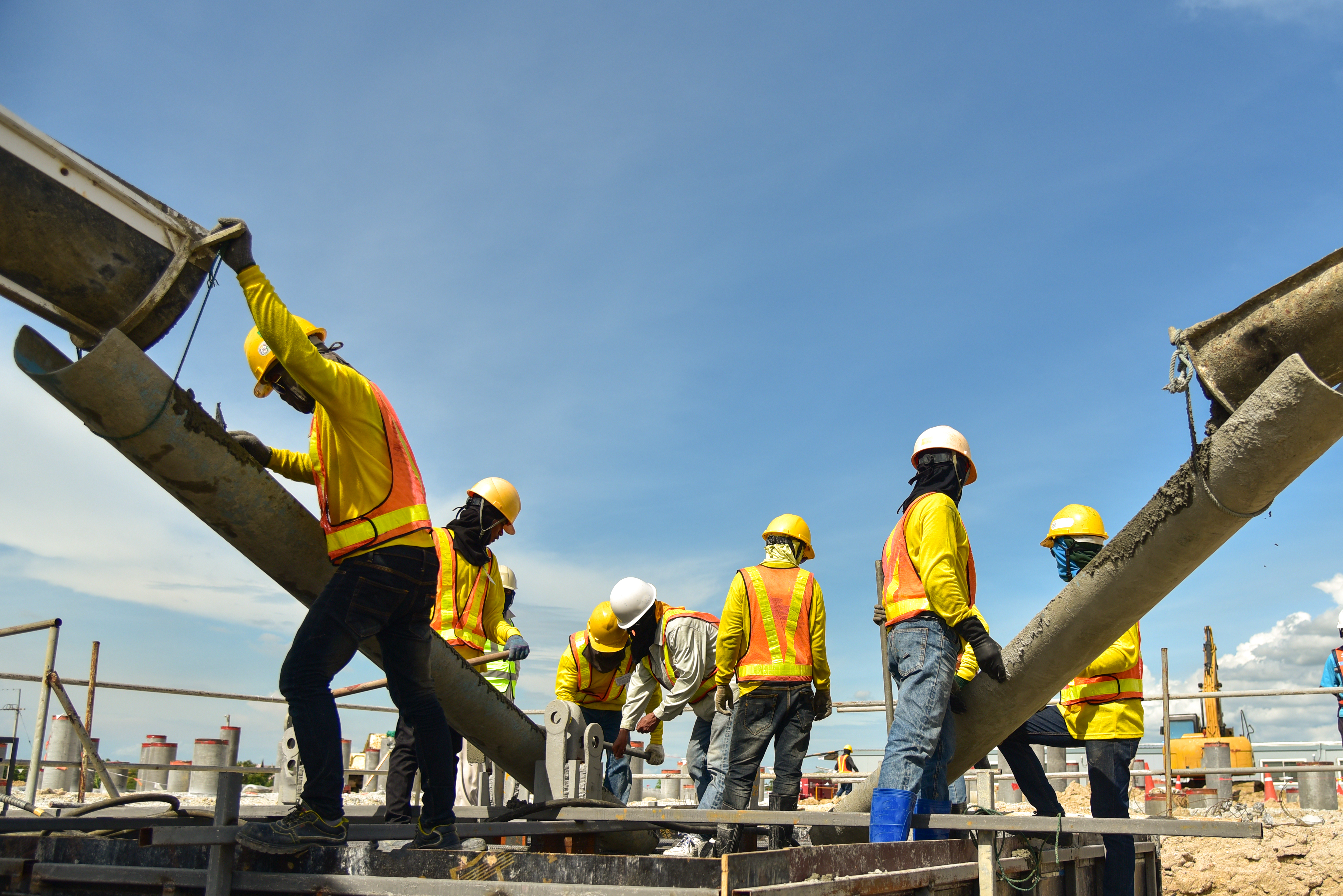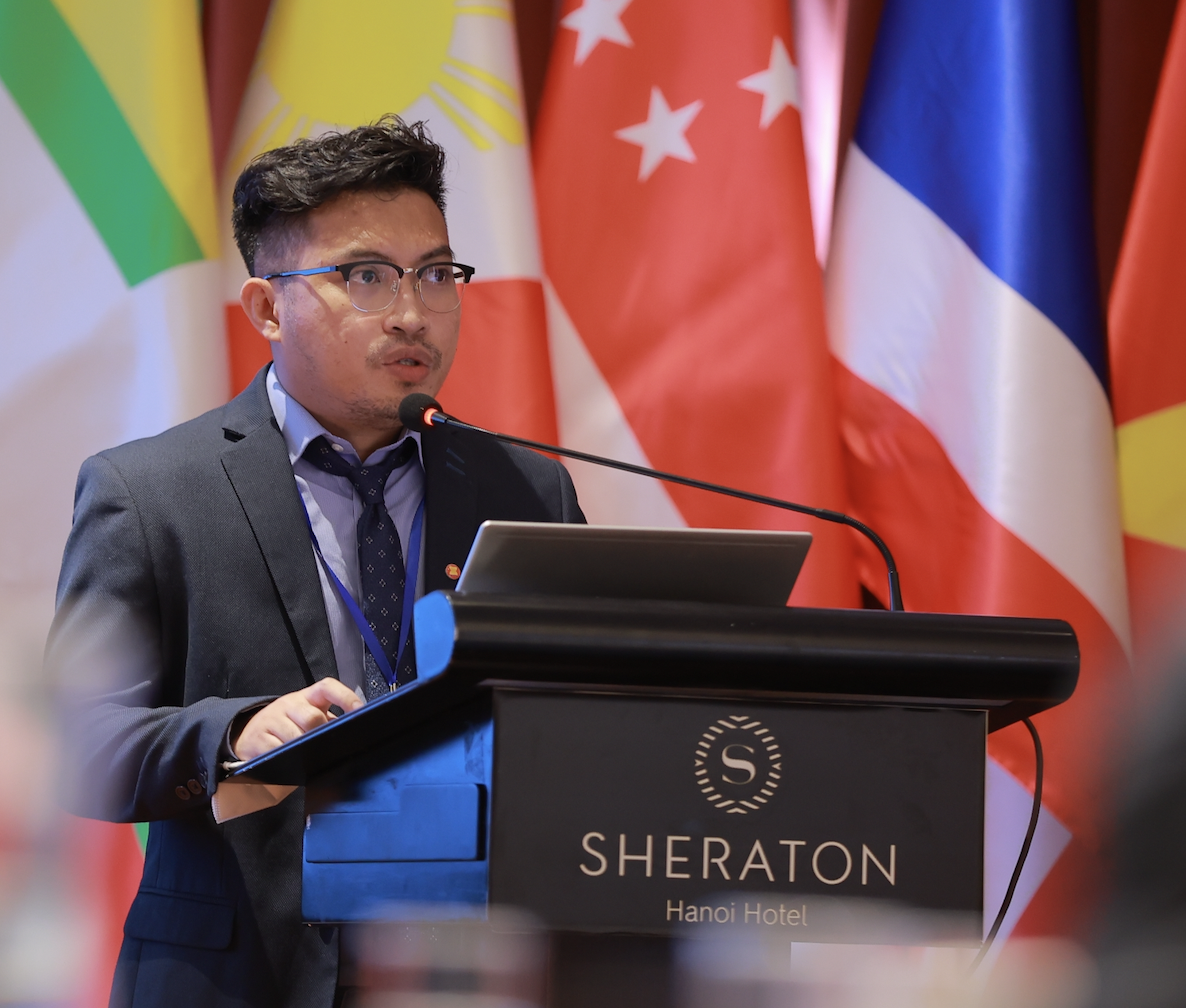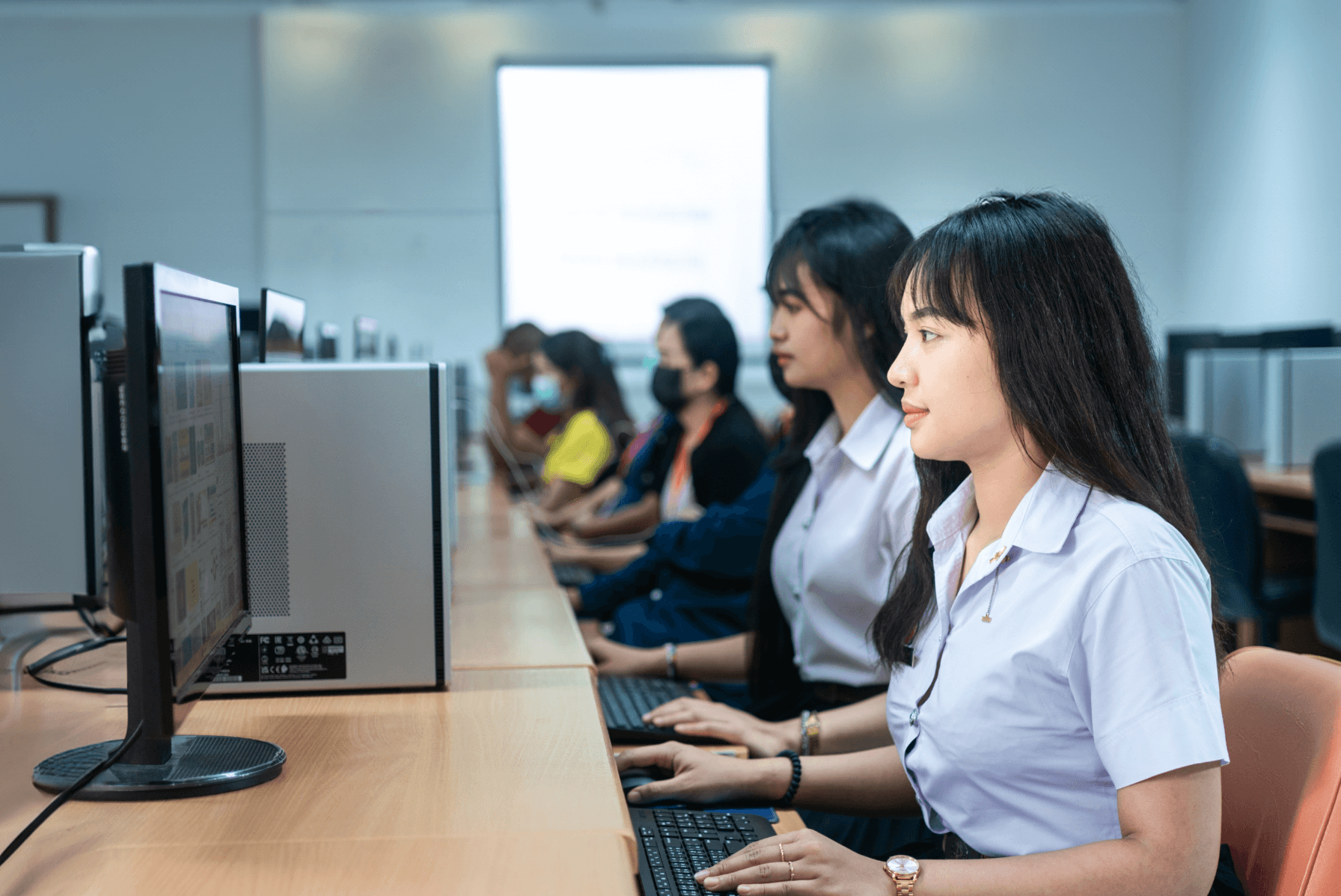





Labour migration is a global phenomenon. Every year, millions of workers migrate outside their home countries in search of better opportunities for higher-paying jobs in the face of limited productive employment in their home countries. This is an enduring narrative amidst regional integration, digital and greening transformations, demographic transitions, and climate change.
As of 2020, ASEAN is home to a total of 10 million migrant workers, with more than seven million being from the region. Women constitute 48 per cent of intra-ASEAN migrant workers, an increase of 2 per cent since three decades ago.
Labour migration has a far-reaching impact on the socio- economic development of both countries of origin and destination. Labour market pressures are lessened as migrant workers fill up labour market demands in countries of employment while reducing unemployment rates in home countries. At the household level, remittances of migrants elevate their families’ quality of life.
As the people pillar, it is the ASEAN Socio-Cultural Community’s (ASCC) role to realise the shared vision of an ASEAN community that is socially responsible and has the well-being and livelihood of the people, including migrant workers and their families, as a priority.
ASEAN’s commitment to place the well-being of migrant workers high in its development policy agenda was solidified in the ASEAN Consensus on the Protection and Promotion of the Rights of Migrant Workers signed by the ASEAN Leaders in 2017. The ASEAN Consensus sets forth the shared and balanced responsibilities of both sending and receiving states in the entire migration process. It also stipulates the fundamental rights of migrant workers and their family members and the specific rights of migrant workers.
Over the years, ASEAN has taken regional actions in the areas of education/information, protection, enforcement, legal recourse, and reintegration. At the national level, each Member State has also instituted its own policies and initiatives. A standard self-assessment tool has been developed to evaluate these initiatives. The second self- assessment is ongoing and expected to identify areas of mutual learning and improvement.
Initiatives to improve migration policies and governance
Under the coordination of Viet Nam, ASEAN carried out the Comparative Study on Laws and Policies in the Management of Migrant Workers in ASEAN in 2021 to assess the configuration of immigration policies and related laws in the region pertaining to the entry, stay, and exit of migrant workers across all skill levels. It identified gaps in the regulatory frameworks and provided recommendations for improving the governance of labour migration in the region.
As women migrants are disproportionately represented in lower paid service sectors, such as domestic and care work, their contribution to ASEAN’s regional development is often not recognised. ASEAN conducted the Regional Study on Women Migrant Workers in the Laws and Policies of ASEAN Member States analysing the legal protections available to women migrant workers. The study revealed promising practices on gender responsive migration laws and policies.
Under the coordination of Indonesia, the Regional Study on Migrant Workers’ Right-Based Standard Employment Contract for Domestic Work in ASEAN is ongoing. The study examines the conditions and existing employment contracts of migrant domestic workers across the region. Findings and recommendations aim to strengthen the overall labour migration governance systems by protecting migrant domestic workers in employment contracts and harmonising national migration-related legal frameworks.
Recognising the different immigration, labour, and other related laws in the countries of employment prior to departure, multimedia educational materials have been developed under the Public Campaign on Safe and Fair Migration in ASEAN project. Under the coordination of the Philippines, the project aims to curate and translate information from across the ASEAN Member States into several national languages for the benefit of migrant workers.
Increasing migrant workers’ resilience to crises
The onset of the COVID-19 pandemic and the economic slowdown since 2020 have brought health risks, insecurity, declining work conditions, income loss, and unemployment. Migrant workers are among the least protected and most at-risk workers. ASEAN is not new to such crises. The region has experienced various wide-scale public health emergencies, economic downturns, and natural disasters in the past decades. While each crisis is unique in scale and impact, several lessons can be learned from past responses to ensure a safe and orderly migration.
ASEAN’s economic growth is forecasted by the Asian Development Bank in April 2022 to bring about a strong recovery by 5.2 per cent next year, so the demand for migrant workers is also expected to increase in the near future. Therefore, safe and regular migration with effective and coherent governance are crucial in the face of these adversities. Guided by this commitment, the 15th ASEAN Forum on Migrant Labour in October 2022 brought together governments, trade unions, employers’ organisations, and civil societies to discuss innovations to better protect and support migrant workers in the much-anticipated resumption of labour migration in our region.
In this context, the ASEAN Secretariat also initiated the ASEAN Migration Outlook to provide an analysis of recent migration movements and the prospects for rehabilitating labour migration, and enhance our preparedness and resilience for future shocks and crises. Launched in July 2022, the Outlook contains recommendations to establish a common procedure or protocol on the return and reintegration of migrant workers, and improve migrant workers’ access to social security benefits.
In alignment with the Outlook’s recommendations, an ASEAN Guideline on the Protection of Migrant Workers in Crisis Situations will be developed under Indonesia’s ASEAN Chairmanship next year. Such a rights-based and gender- sensitive Guideline is expected to enhance the capacity of duty bearers in responding to future crises and promote a whole-of-government approach in mitigating their impact on migrant workers. It will be built upon the principles and international standards set in the ASEAN Guidelines on Effective Return and Reintegration of Migrant Workers.
As migrants’ ability to recover and rebuild after personal or societal crises hinges on their access to adequate social security benefits, ASEAN has conducted a Study on Portability of Social Security Rights of Migrant Workers between ASEAN Member States led by Thailand. The study findings guided the crafting of the ASEAN Declaration on Portability of Social Security Benefits for Migrant Workers in ASEAN led by Cambodia as ASEAN Chair this year. The Declaration will pave the way for Member States to work towards bilateral or multilateral agreements for the cross-border transferability of social security benefits that migrant workers are entitled to. The principles and practical steps to develop such agreements will be laid out next year.
Overall, reaping the benefits and opportunities presented by disruptions in this changing world of work will not happen overnight. It requires a continuing process of self-evaluation and improvement that should involve all stakeholders for effective results.
As the world of work evolves, the existing approaches and mechanisms governing labour migration need adaptation to sustain effectiveness. Much has been done at the ASEAN level and yet, the future brings with it uncertainties that challenge us to gear up. We learned from this pandemic, and many lessons strengthened us in building a resilient, responsive, and inclusive ASEAN Community.








